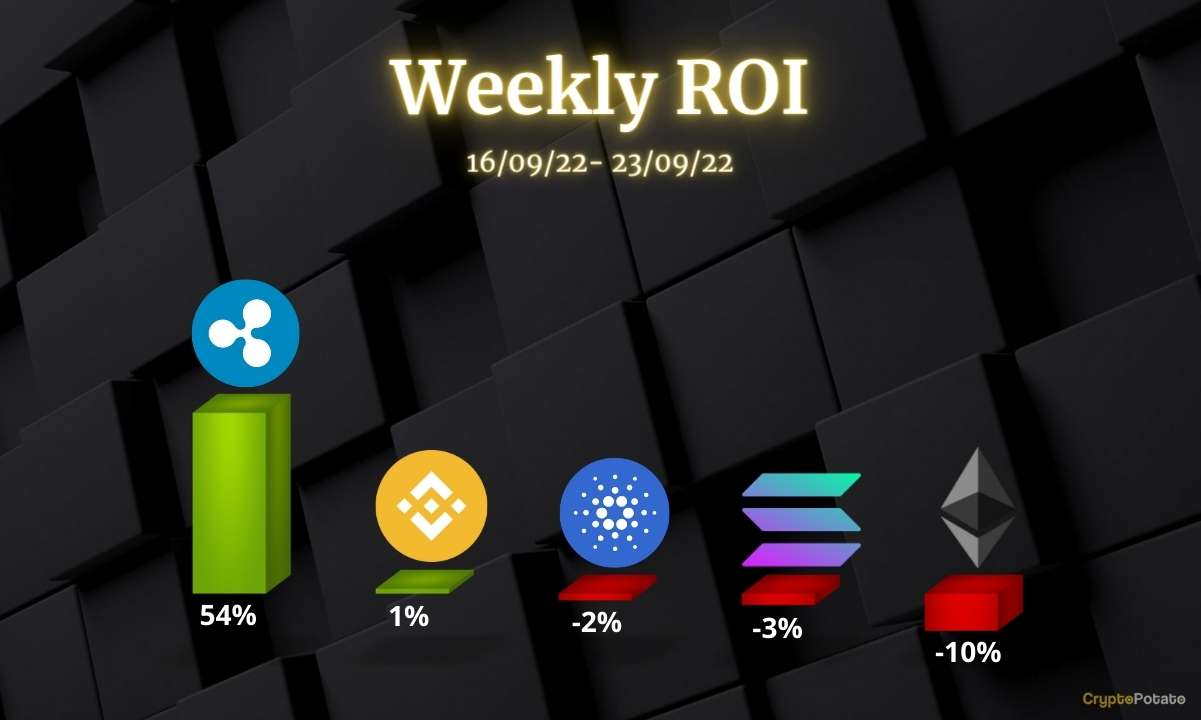First issues first: We all procrastinate. Every so often, all of us put issues off. Even the issues we actually want, or need, to perform. In reality, the larger the duty or undertaking, the extra possible we’re to place it off.
Clearly that does not make sense. Why would we discover methods — passively or actively — to keep away from beginning the duties we suppose will make an enormous distinction in our skilled or private lives?
For one factor, we’re constructed that manner.
The Science Behind Procrastination
The limbic system — Seth Godin calls it your “lizard mind” — is the a part of your mind that helps management behavioral and emotional responses, and performs a key function in survival adaptation.
The limbic system focuses on proper now. Really feel thirsty? Drink. Really feel scared? Cover. Really feel attacked? Run away or combat again again.
About to do one thing arduous or troublesome? Put it off.
Even when your neocortex — the a part of your mind that offers with higher-order features like cognition, spatial reasoning, and, most related, making choices about your future — has determined that doing one thing arduous or troublesome can be actually good for you.
That is why we delay beginning that marketing strategy. Or making a bunch of chilly calls. Or coping with an issue worker. Or beginning an train program. Or any of the issues your neocortex is aware of will repay down the street — however appear too arduous, or daunting, or painful in your limbic system to let you begin doing.
That is why we procrastinate: Not as a result of we’re lazy (okay, I am a little bit lazy), not as a result of we lack willpower, not as a result of we do not have what it takes… however as a result of our limbic system and our neocortex consistently at odds.
And, because the limbic system is extra highly effective — logic not often stands an opportunity in opposition to terror — it typically wins.
And we procrastinate, not less than till the concern of not doing one thing necessary is stronger than the dread of getting began.
The 30-for-30 Plan
So how do you overcome your limbic system’s deal with the quick time period so your neocortex’s long-term imaginative and prescient can come to the forefront?
Make your feelings be just right for you, not in opposition to you — a core part of emotional intelligence — and undertake Sahil Bloom’s 30-for-30 plan to idiot your limbic system into pondering it is profitable.
The 30-for-30 plan is straightforward:
- Select one thing significant you wish to do. Begin a brand new enterprise. Develop a brand new product. Begin exercising. Begin studying extra. Select one thing you’ve got been eager to do, however have not.
- Decide to placing in half-hour of centered effort daily for 30 consecutive days. Work in your marketing strategy. Chip away at your new product. Sit in a quiet place and browse. Go for a stroll or jog.
- Add a little bit constructive strain, if that is your factor. Inform somebody your plan. Loop in an accountability buddy to carry you accountable not for a selected consequence, however for sticking to the plan.
- Monitor every day execution with a calendar. (Much like the Jerry Seinfeld Technique, a purpose achievement strategy I’ve written about earlier than.)
Why 30 days? In keeping with Bloom, that time-frame creates a dedication “razor.” Thirty days is not loads, but it surely’s greater than a little bit. If the purpose is not significant, you may battle to commit 30 days.
Why half-hour? Bloom calls that period of time “mild intimidation.” Beginning an enormous undertaking — surveying the space between right here, the place you are beginning, and there, the place you sometime hope to be — can really feel extraordinarily intimidating, however half-hour is not so daunting.
Your lizard mind robotically balks at the considered having to place in tens or a whole bunch of hours — a lot much less a lifetime — of effort. However half-hour? No menace there.
The end result? On the finish of 30 days, you may have put in 900 minutes of centered effort. You’ll have made a severe dent in your marketing strategy. Your new product can be approaching minimum-viable. You’ll have learn plenty of books, articles, or journals. You may be in significantly better form.
And you’ll have put procrastination behind you.
As Bloom writes, “Large leaps ahead are merely the macro output of tens, a whole bunch, or 1000’s of tiny every day steps. Depth plus consistency equals progress. Small issues grow to be massive issues.”
However What if 30 Minutes Sounds Too Daunting?
Flip 30 minutes into 5 minutes. Do what Instagram founder Kevin Systrom does and make a cope with your self.
“In the event you do not wish to do one thing,” Systrom says, “make a cope with your self to do not less than 5 minutes of it. After 5 minutes, you may find yourself doing the entire thing.”
Why does that work? For one factor, whereas your limbic system could balk on the concept of half-hour, 5 minutes is not any massive deal.
After which there’s this: When you get began, one thing magical normally occurs: Your psychological or bodily muscular tissues heat up. Endorphins kick in. You notice that what you have been afraid of beginning is not so scary in any case.
Take into consideration a time you’ve got delay a activity, lastly gotten began, after which as soon as into it thought, “I do not know why I saved placing this off. It is going very well. It is not almost as arduous as I assumed it could be.”
Your limbic system loves that feeling — and as a substitute of attempting to carry you again, will encourage you to maintain going for the complete half-hour.
And as soon as you’ve got achieved that… half-hour tomorrow will not seem to be an enormous deal in any respect.
And after 30 days… you may have made vital progress in the direction of a significant purpose, one that may make a significant distinction in your life.






